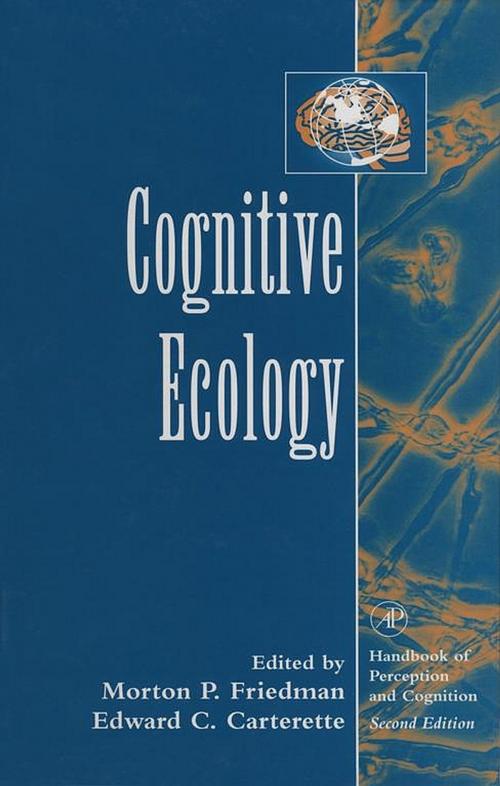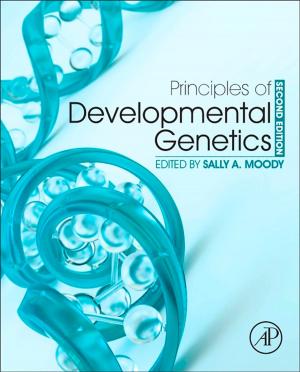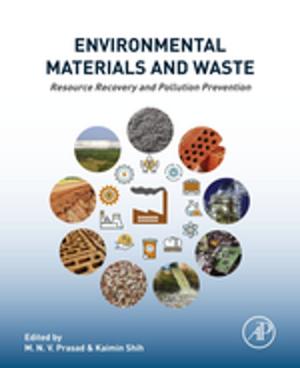Cognitive Ecology
Nonfiction, Health & Well Being, Psychology, Cognitive Psychology, Science & Nature, Science, Biological Sciences| Author: | Morton P. Friedman, Edward C. Carterette | ISBN: | 9780080529271 |
| Publisher: | Elsevier Science | Publication: | February 5, 1996 |
| Imprint: | Academic Press | Language: | English |
| Author: | Morton P. Friedman, Edward C. Carterette |
| ISBN: | 9780080529271 |
| Publisher: | Elsevier Science |
| Publication: | February 5, 1996 |
| Imprint: | Academic Press |
| Language: | English |
Cognitive Ecology identifies the richness of input to our sensory evaluations, from our cultural heritage and philosophies of aesthetics to perceptual cognition and judgment. Integrating the arts, humanities, and sciences, Cognitive Ecology investigates the relationship of perception and cognition to wider issues of how science is conducted, and how the questions we ask about perception influence the answers we find. Part One discusses how issues of the human mind are inseparable from the culture from which the investigations arise, how mind and environment co-define experience and actions, and how culture otherwise influences cognitive function. Part Two outlines how philosophical themes of aesthetics have guided psychological research, and discuss the physical and aesthetic perception of music, film, and art. Part Three presents an overview of how the senses interact for sensory evaluation.
Cognitive Ecology identifies the richness of input to our sensory evaluations, from our cultural heritage and philosophies of aesthetics to perceptual cognition and judgment. Integrating the arts, humanities, and sciences, Cognitive Ecology investigates the relationship of perception and cognition to wider issues of how science is conducted, and how the questions we ask about perception influence the answers we find. Part One discusses how issues of the human mind are inseparable from the culture from which the investigations arise, how mind and environment co-define experience and actions, and how culture otherwise influences cognitive function. Part Two outlines how philosophical themes of aesthetics have guided psychological research, and discuss the physical and aesthetic perception of music, film, and art. Part Three presents an overview of how the senses interact for sensory evaluation.















